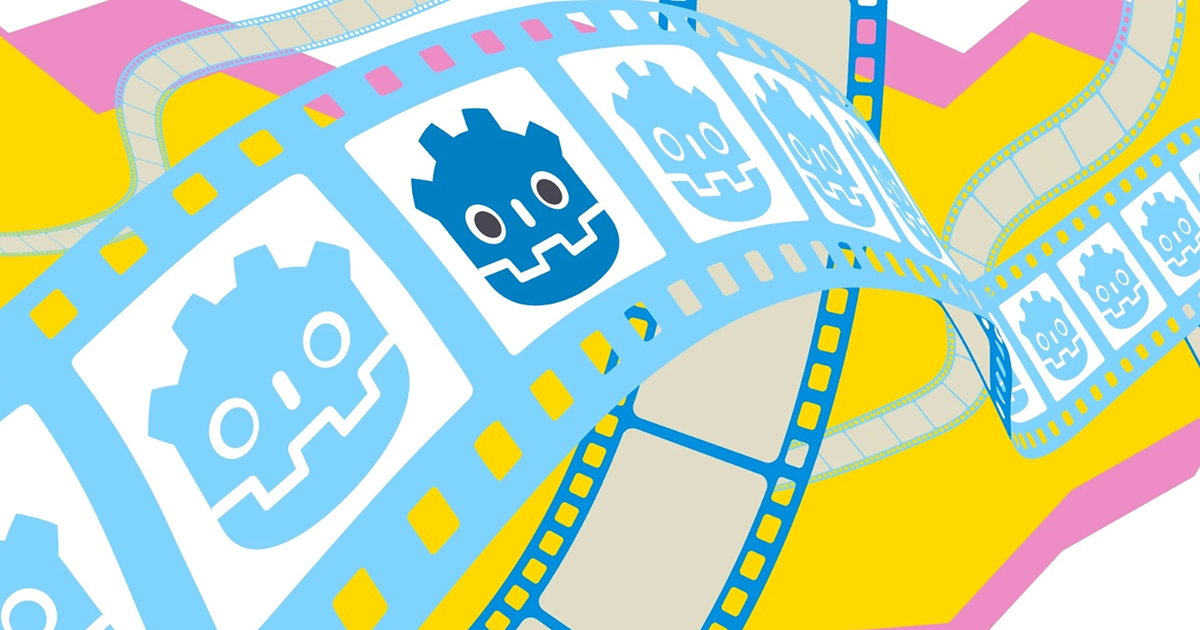In 2023, Unity made an unfortunate update to its pricing policy, leading some developers to abandon this engine. Specifically, some teams switched to Godot. In a conversation with Game Developer, leaders of the Godot Foundation admitted that they did not consider the sudden influx of users to be beneficial for Godot and wished Unity could persuade developers not to leave.
The Godot team was concerned that developers who switched from Unity to Godot might be disappointed by the lack of familiar tools. Additionally, the existing rules accepted in Godot might not satisfy the new users. For example, the community votes on which features to add in the next version of the engine. There were also concerns that "Unity refugees" might start demanding changes that are convenient specifically for them in large numbers.
"We just hoped that Unity would continue to work well and delight users, allowing people to consciously choose Godot. To accept it as it is and not try to change it into something it isn't," said Godot project manager Rémi Verschelde.
Verschelde made a similar statement in September 2023 during the height of the Unity monetization controversy. At that time, he urged developers to think carefully before switching engines.
Ultimately, as reported by Game Developer sources, things didn't turn out so bad. Many developers who transitioned from Unity were patient with the shortcomings of Godot and appreciated the tools that were not available in Unity.

